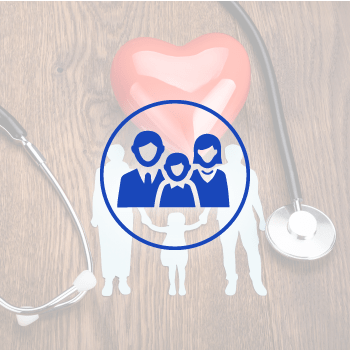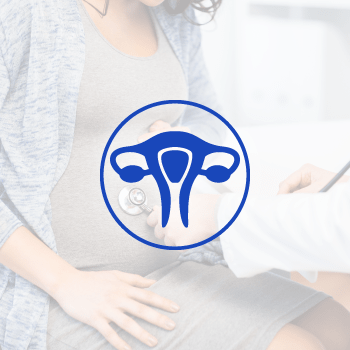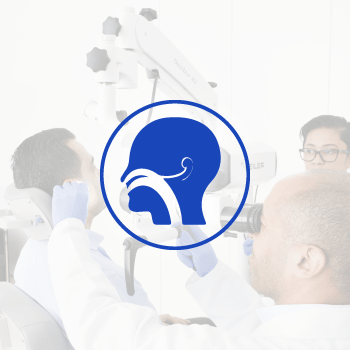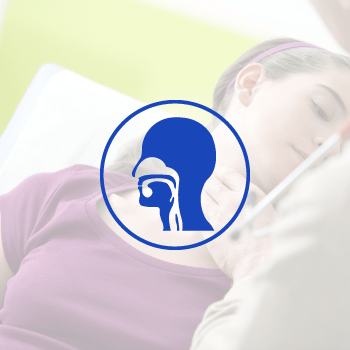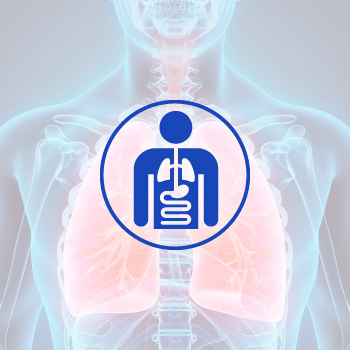Colon cancer is a type of cancer that begins in the colon or rectum. It is the third most commonly diagnosed cancer in the world and the 2nd cause of cancer related deaths each year. Despite its prevalence, colon cancer can be prevented and treated if detected early.
It usually starts as a small, noncancerous growth called a polyp. Over time, some polyps can develop into cancer. Colon cancer can spread to other parts of the body if not treated.

- Symptoms
- Screening
- Risk Factors
- Prevention
- Treatment
Colorectal cancer might not cause symptoms right away, but if it does, it may cause one or more of these symptoms:
- A change in bowel habits, such as diarrhea, constipation, or narrowing of the stool, that lasts for more than a few days
- A feeling that you need to have a bowel movement that’s not relieved by having one
- Rectal bleeding with bright red blood
- Blood in the stool, which might make the stool look dark brown or black
- Cramping or abdominal (belly) pain
- Weakness and fatigue
- Unintended weight loss
However, many people with colon cancer may not experience any symptoms in the early stages, which is why screening for colon cancer is so important.
Colon cancer is a serious and potentially life-threatening condition that can be prevented and treated if detected early. It is important to be aware of the symptoms and risk factors for colon cancer and to undergo regular screening if you are at risk. Making healthy lifestyle choices can also help reduce your risk of developing colon cancer. If you have any concerns about colon cancer or any other health issue, be sure to consult with your healthcare provider.

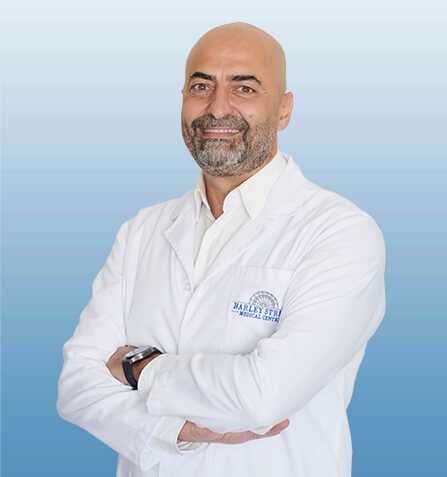


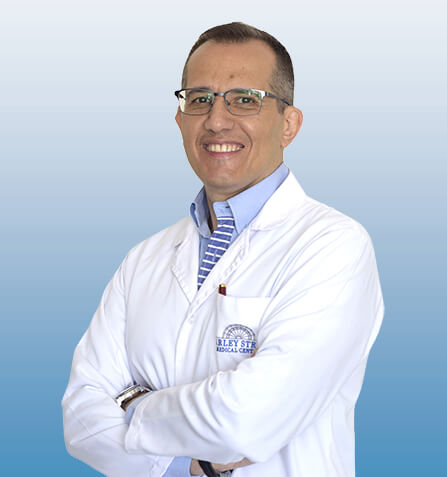
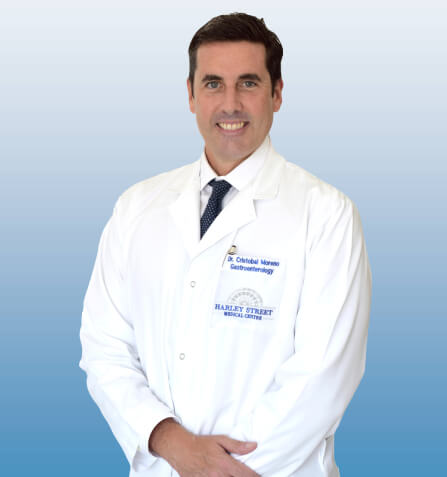

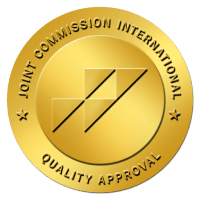
 أنقر هنا
أنقر هنا أنقر هنا
أنقر هنا

